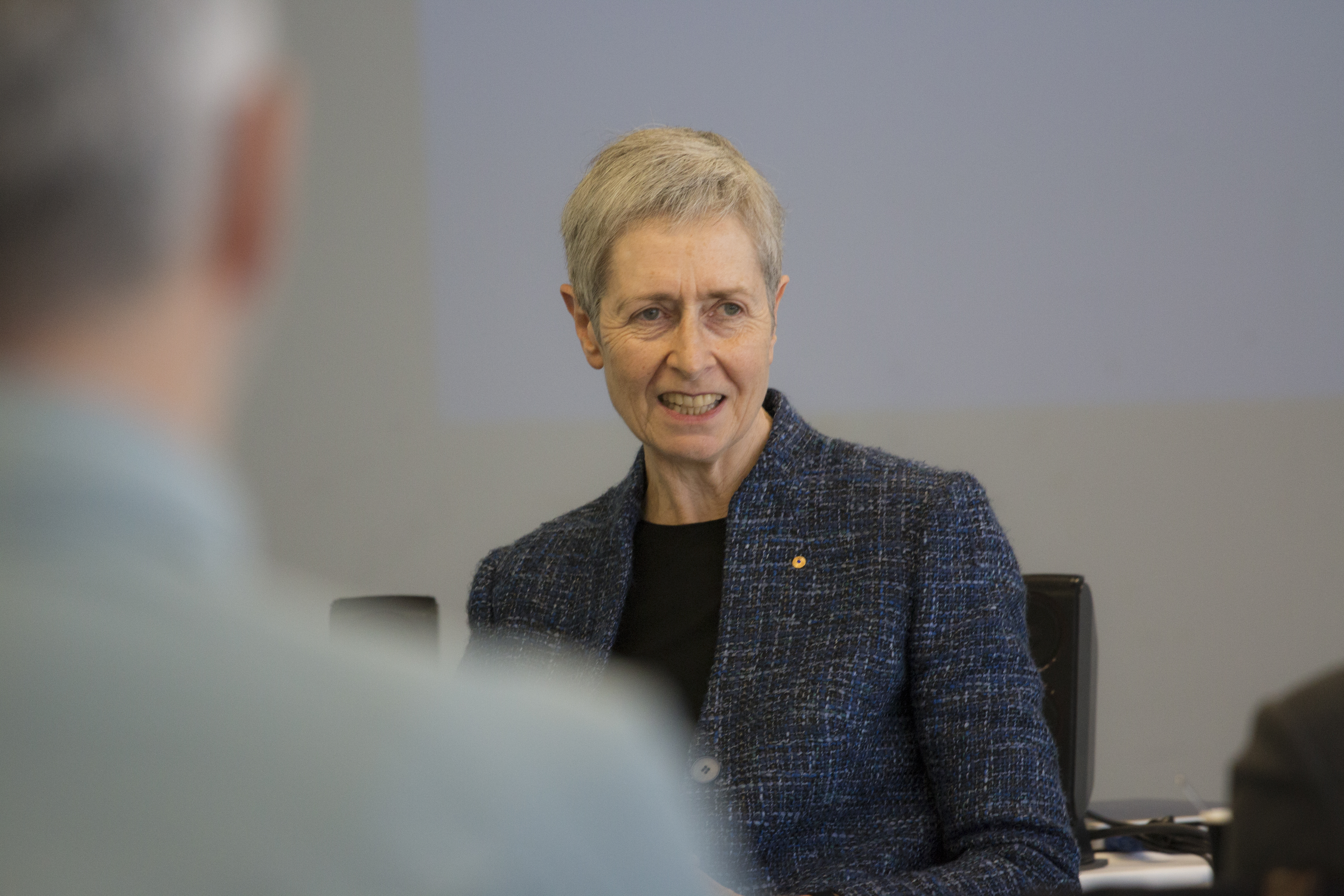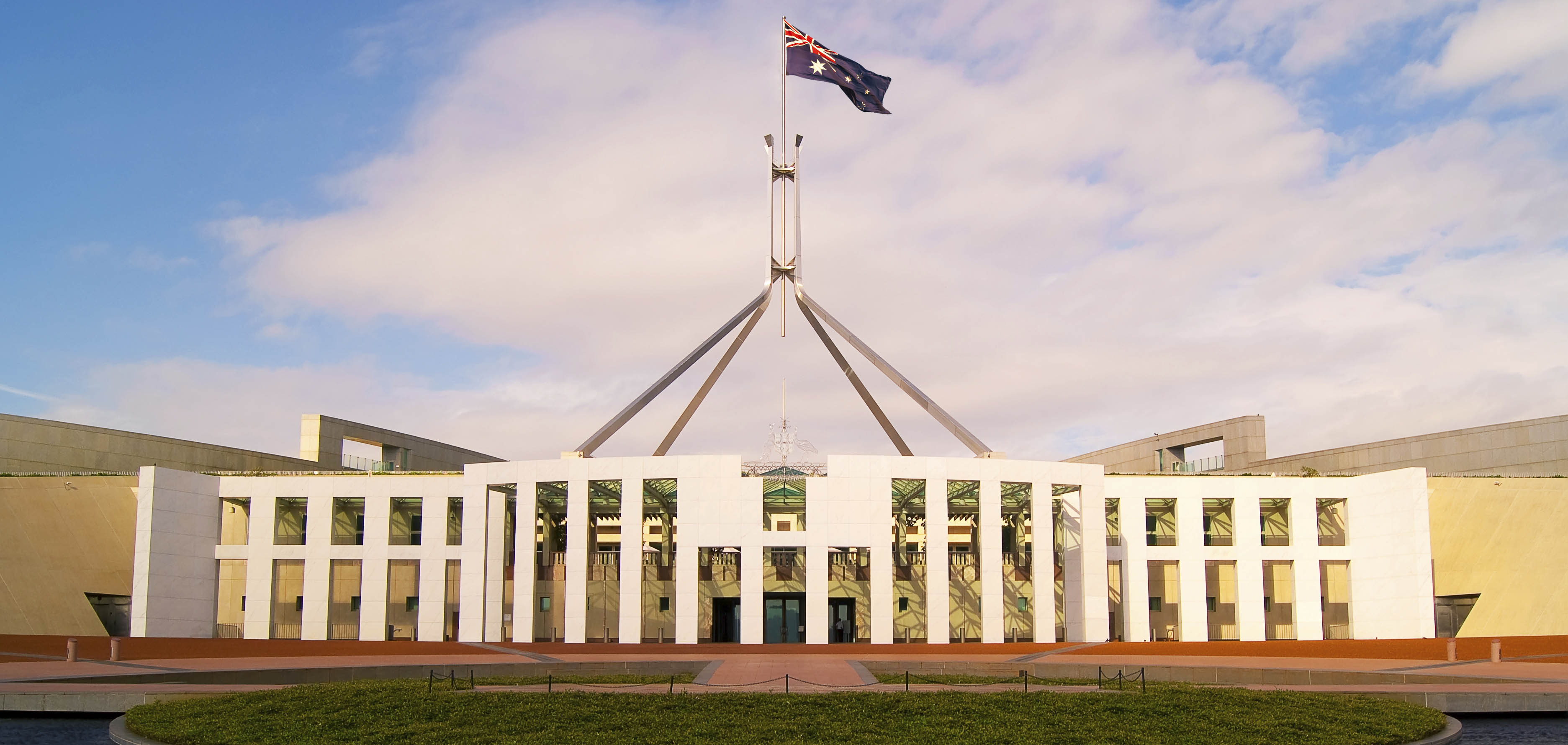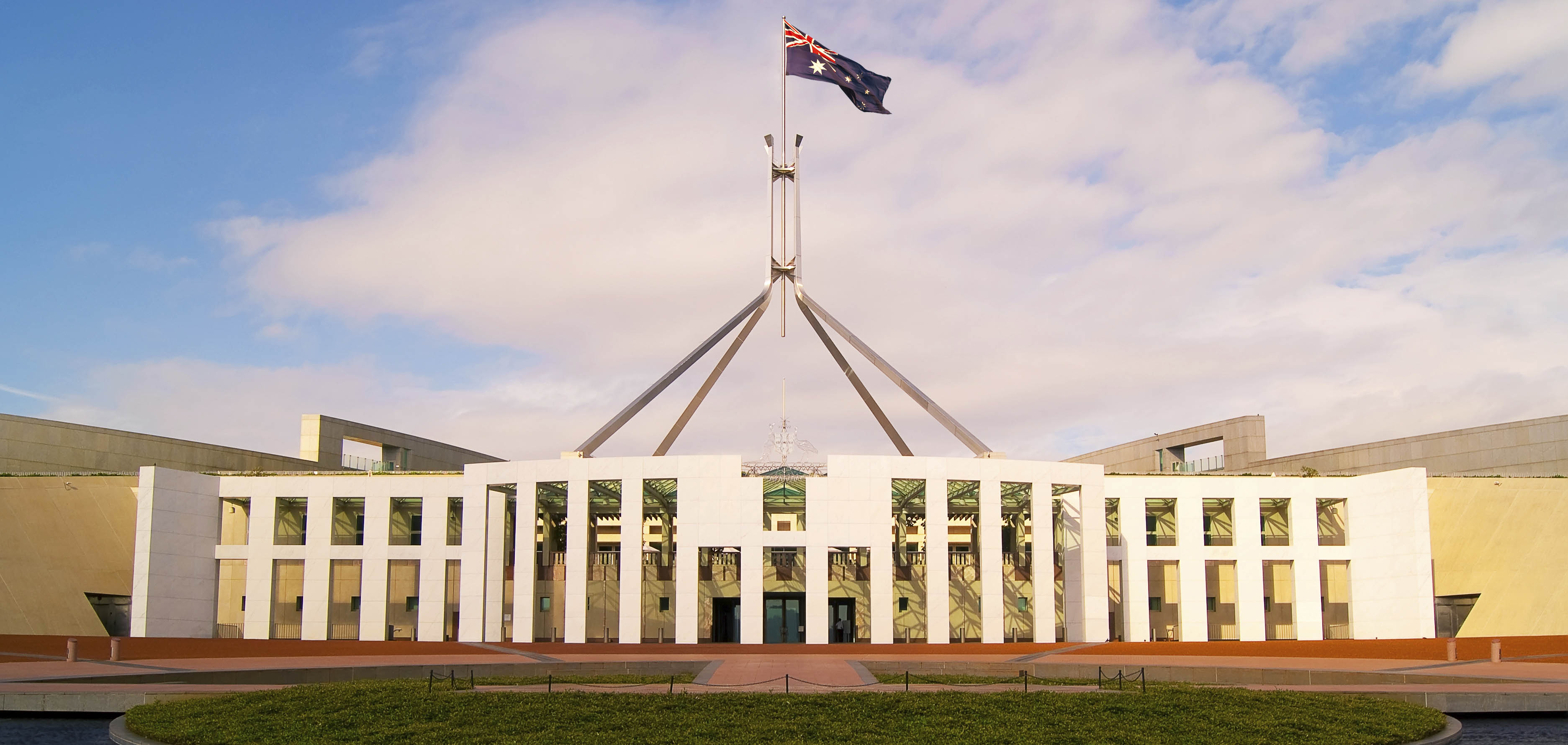In May the Department of Health announced a national consultation focused on optimising the government’s funding arrangements for health and medical research by improving strategic alignment and coordination between the MRFF and the NHMRC’s Medical Research Endowment Account. Research Australia welcomes this initiative and the commitment that this reform will be undertaken within the broader context of a new National Health and Medical Research Strategy, a long-term campaign by Research Australia (and others).
Following consultation with our membership, Research Australia has made a submission in response to the Discussion paper.
Unified governance of the MRFF and the MREA presents a real opportunity to ensure the MRFF Priorities are developed with greater regard for what the MREA is funding, thereby ensuring better differentiation and complimentarily of the two funds. There is also an opportunity to address equity and health disparities through more coordinated and streamlined funding.
Research Australia has largely supported the proposed Model 2 as a way of improving coordination while recognising the distinct objectives and purposes of the two funds. Establishing one administrative funding body provides the opportunity for successful research projects to graduate more seamlessly from one funding program to the next including from an NHMRC program to an MRFF program. T
This new model must be delivered in such a way that preserves the MRFF’s funding for medical innovation, and that input from outside academia and medical research institutes is retained. Stakeholders from commercialisation, finance, and industry have a meaningful advisory role in both the priority setting and funding processes of the MRFF. Basic research can be funded by the NHMRC in a way that will ultimately support MRFF Priority areas if the two funds are better aligned.
Finally, a Workforce Plan must form part of the broader national HMR Strategy. This Workforce Plan should seek to address the challenges faced by early and mid-career health and medical researchers and identify careers/jobs critical to a future economy underpinned by a thriving innovation and modern manufacturing sector.
Consultation on changes to align the MRFF and MREA are ongoing and Research Australia is continuing to liaise with the Government on the sector’s behalf on these important reforms. If you would like to get involved please contact Research Australia’s General Manager Lucy Clynes at lucy.clynes@researchaustrlaia.,org or Head of Policy Greg Mullins at greg.mullins@researchaustralia.org
Research Australia’s submission is available here.





